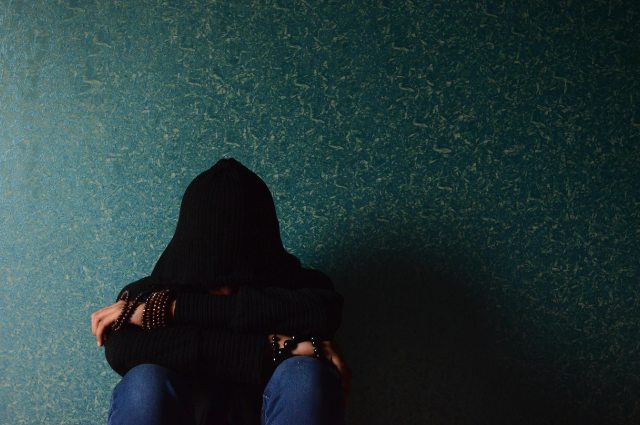
The suicide rate among students enrolled at a coaching centre in Kota is alarming. The newspapers report suicides among teenagers in other parts of India, as they are unable to cope with their problems. Teenagers are vulnerable because of the nature of problems they face today. They commit themselves to training programmes for prolonged lengths of time. There are many instances when parents force their children to enroll in courses in which they are not interested or lack the aptitude, because parents want their children to succeed in this highly competitive world of today. This puts them under great pressure which causes a lot of stress. Overwork causes them to fall short on sleep or even neglect their nutrition. They become bookworms with no healthy outdoor exercise. When they cannot cope, they are bothered about the financial burden thrust on their parents. Society teaches children to value competition. Ambition and escalating aspirations, and the need for instant gratification add to their stress levels. Fear of failure and loss of face multiply their stress.
There are other problems that confront teenagers. They have to deal with their choice of friends, personal and sexual problems due to hormonal changes, and even their choice of political ideologies. The choices they make may add to their stress levels.
Acquired lifestyles to fit into urban settings, lead to financial burdens. Killer consumerism and ‘keeping up with the Joneses,’ end up in high levels of stress The consequent depression that follows leads to suicides in many teenagers. It is reported that Bangalore is the suicide capital of India.
Teenagers should realise that life in the 21st century is stress-generating because of their relentless aspirations. As a result, problems are bound to spring up. They should also bear in mind that problems are a sign of life. But some people are inherently vulnerable to stress. It takes very little to make them anxious.
Stress occurs when a person finds it difficult to cope with circumstances. It begins with Anxiety – a feeling of impending failure. Anxiety is a human alarm system that the nervous system is under pressure. One may feel a tightness in the chest or stomach, palpitations, increased pulse rate, and muscle tension in the chest, neck or back, due to adrenaline secreted by the sympathetic nervous system and the adrenals. Stress tends to be cumulative, causing an overload on the nervous system. This may lead to a failure of emotional control, with either a sudden burst of tears or a sudden loss of temper.
Failure of self-motivation may lead to inefficiency at study or work, and inability to function adequately.
Stanley Arnold says, “Every problem contains the seeds of its own solution.” The first step is to be aware of the roots of your problem and analyse the reasons for your stress. If you don’t discover the cause, how can you tackle the problem? When a problem strikes, the tendency is to react emotionally rather than think positively. Knowledge of the problem is the key to its solution.
Believe in yourself. Self-trust is the secret of success because all the resources you need are in your mind. Theodore Roosevelt said “Stop telling yourself you are scared and start thinking courage. Practise affirming confidence.” Get on top of things and stay there. Don’t resort to suicide. Anxiety leads to mood changes, irritability, and physical ill health. Getting over stress calls for proper periods of rest, relaxation through physical exercise, good nutrition and adequate sleep. Meditation can put you in a tranquil state of mind.
Find a confidante with whom you can discuss your problems that are causing stress. It may be your parents, a reliable friend or an elderly relative. If you are still in need of help, avail the help of a trained counsellor. Never resort to drugs. Fall back on your faith for spiritual support. Suicide is never the remedy. It is the escape route of cowards,
At the end of the day, you must strive to say with Edgar Guest-
“I have to live with myself and so
I want to be fit for myself to know
I want to be able as days go by
Always to look myself straight in the eye.”
